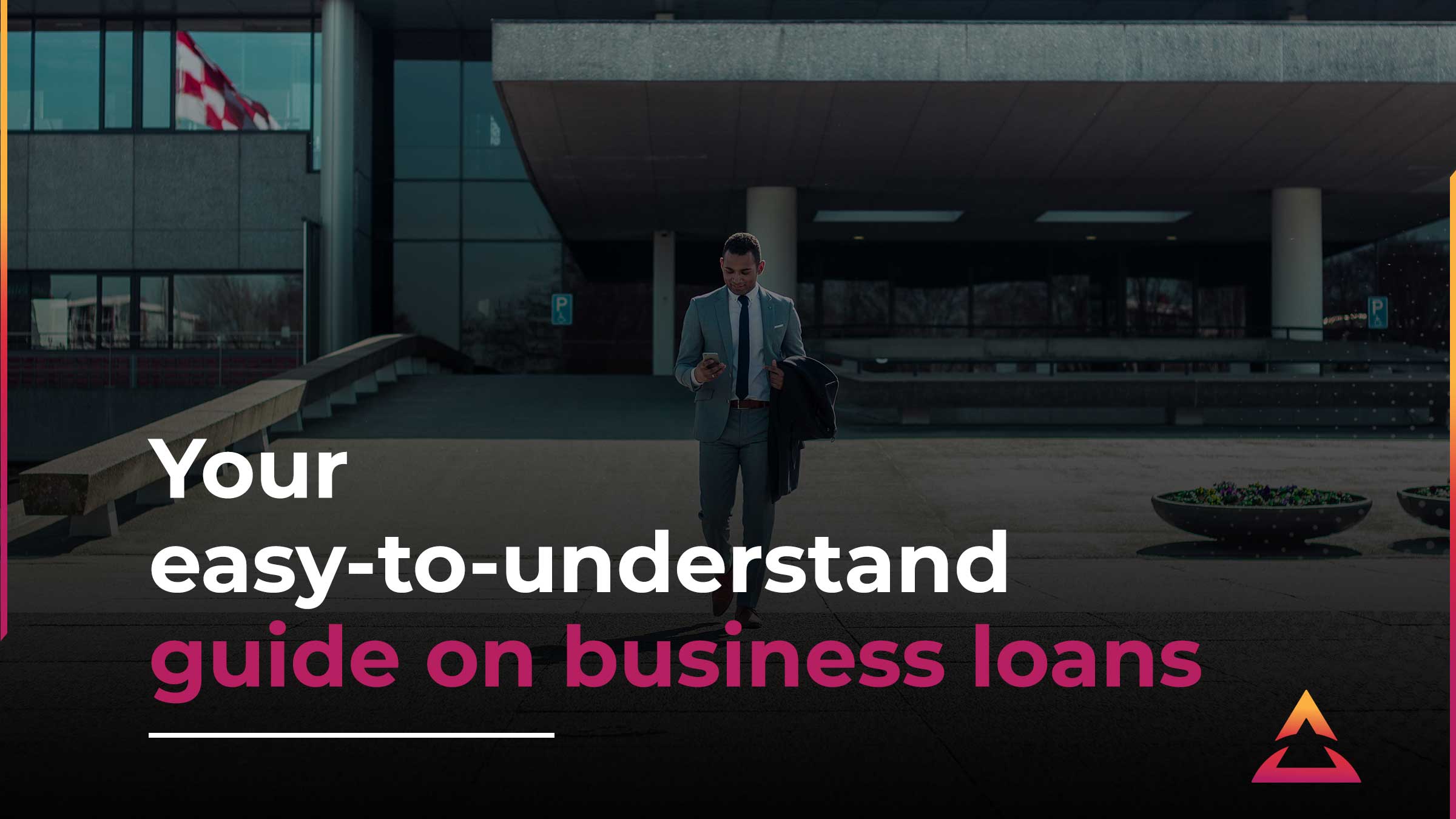What To Consider Before Applying For A Business Loan

The process of applying for and obtaining a business loan has long been seen as arduous, complicated and time-consuming – and rightfully so. With little consideration for the stresses faced by small business owners, traditional lenders have historically pushed loans that don't fit the unique needs and wants of their smaller-scale clients.
However, by arriving at the negotiating table better equipped with information about what’s suitable for your business and what you as an owner can offer a lender, your chances of obtaining a more equitable loan greatly improve.
So, what should you consider before applying for a business loan?
Why do I need a loan?
Before engaging in the loan application process, it's crucial you understand what specifically you need a loan for. Are you looking to boost your cash flow and working capital? Or do you need to invest in something like new equipment Perhaps you need to pay off existing debts and liabilities or are even looking to initiate ambitious expansion strategies.
Whether it's any of these reasons, or another reason, the purpose of a loan is generally the first thing a lender will want to know. Ensuring you have a clear, detailed understanding of how the loan will be utilised will allow potential lenders to design the most appropriate policy for you.
How much funding do I need?
Very rarely do small businesses walk away from the negotiating table with precisely the same amount of funding they intended on receiving. Often, we see applicants targeting loan amounts that disproportionately reflect their business’ turnover and security, causing lenders to view their applications less seriously.
With consideration to what the purpose of your loan is, it's wise to construct a detailed budget forecast that encompasses all the costs of launching, running, or expanding your business. Examples of such costs include:
- Tangible assets: building fit-outs, equipment, vehicles, inventory, promotional materials, or platform development
- Recurring costs: wages, leases, or utilities
- Hidden costs: rental bonds, business insurance, bank fees, website hosting fees, transport costs, or work permits and authorisations.
For new businesses, your early revenue will likely not be able to cover all these costs and more so it’s wise to be pragmatic about how much extra cash you will need to facilitate growth. Additionally, lenders may take a different view of your financial needs, so it’s important that you include a buffer in your estimates. But make sure that the lower end of your buffer is still sufficient in providing enough capital for the loan to meet its purpose.
What security can I offer?
Many newer businesses and startups are often looking for business loans while not generating clear profits. While this is often a deterrent for risk-averse traditional lenders such as banks to provide funds to such entities, many alternate providers understand that it's common for businesses to operate in the red while they consolidate their revenue streams and customer base.
However, in both cases, it's still important to be prudent about your personal financial health and the assets you can offer as security to secure a loan. While secured loans often provide higher capital at lower interest rates, you’ll need to either provide a cash deposit or use personal items such as property or vehicles to secure your loan.

Offering such assets can improve your chances of obtaining a loan particularly if your credit health is less than optimal. Many unsecured loans on the other hand will use your personal financial circumstances, such as debt and income, to assess your loan suitability.
Who are my potential lenders?
Once you’ve built a clear picture of what you’ll need a loan for, how it will be used, and how your financial circumstances justify the loan amount, you’re ready to compare the available lenders. Just as it's important to compare car insurance or health insurance, you need to compare your available lenders too to ensure you're getting the right deal for what you need.
However, as a small business owner, you’re likely time-poor and so exploring lending partners through a third party is often an attractive avenue to securing a loan.
That's why finance brokers and funding platforms, such as one of our partners at The Entourage, Swoop, do a lot of the heavy lifting for small business owners like yourself in terms of comparing lenders against your unique circumstances to identify the most suitable funding options.
Alternate service providers like Swoop are actually challenging the big banks’ arduous and time-consuming processes which can often produce disappointing results.
With Swoop’s integrated platform and algorithms, you'll be able to access hundreds of lending options in minutes and choose one that best fits your business needs. Their experts will then assist you in the application process, relying on decades of experience to ensure you have the best chance of securing a loan and getting back to growing your business as soon as possible!
Sign up to Swoop today to start your funding journey.
Key takeaways
There are a lot of considerations you need to review before looking and applying for a business loan. Whether you need one to fund more staff or for some new equipment, it's important to do your due diligence.
At The Entourage, our aim is to help business owners like you succeed and make an impact on the world, which is why we partnered with Swoop Funding, who help business owners just like you access the money and services you need to grow your business. Check them out to get simple, secure and speedy funding.
Related Posts
Join the movement.
Your Entourage journey starts here. Join Australia's largest community of over 500,000 business owners and entrepreneurs, and receive instant access to exclusive content and updates delivered straight to your inbox.



